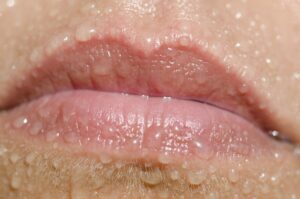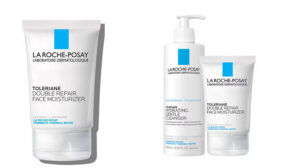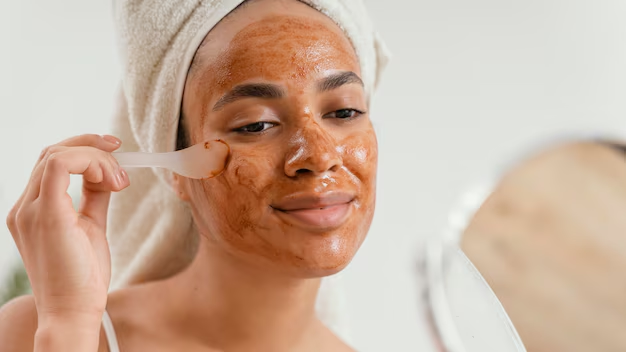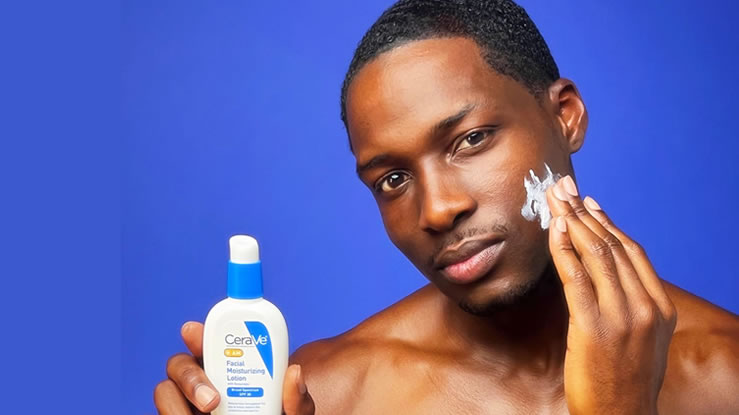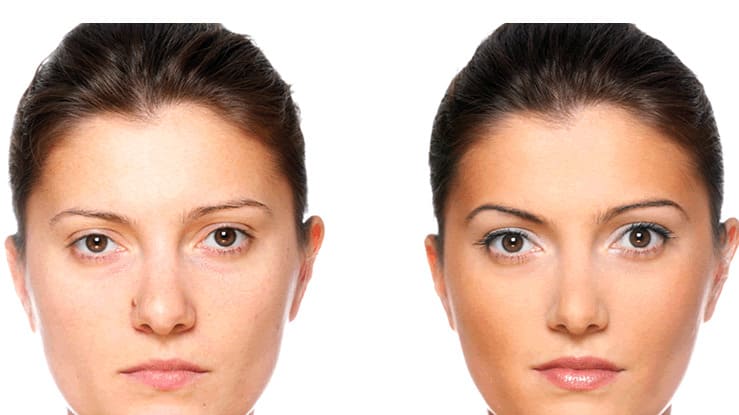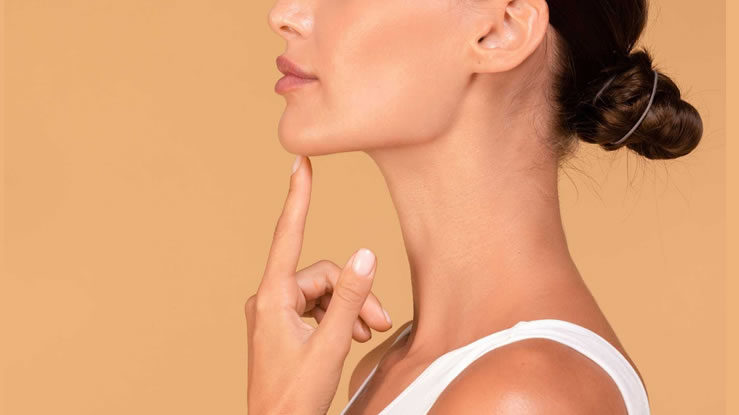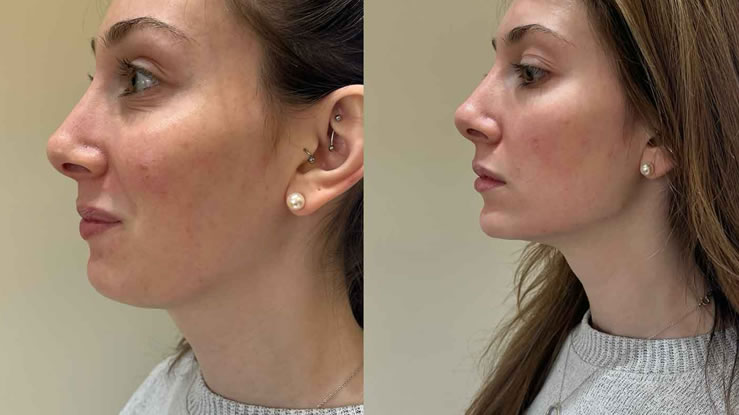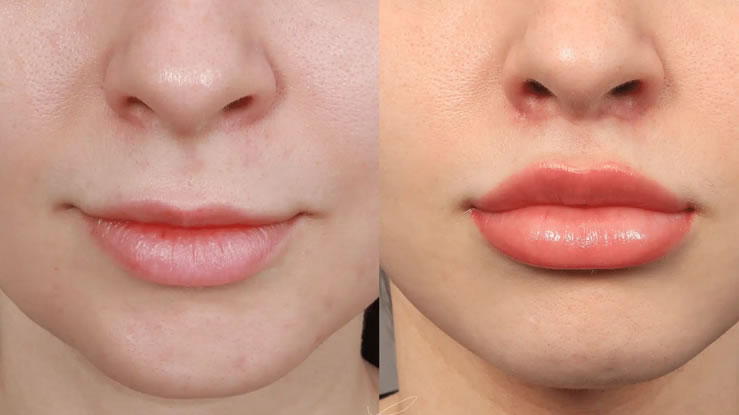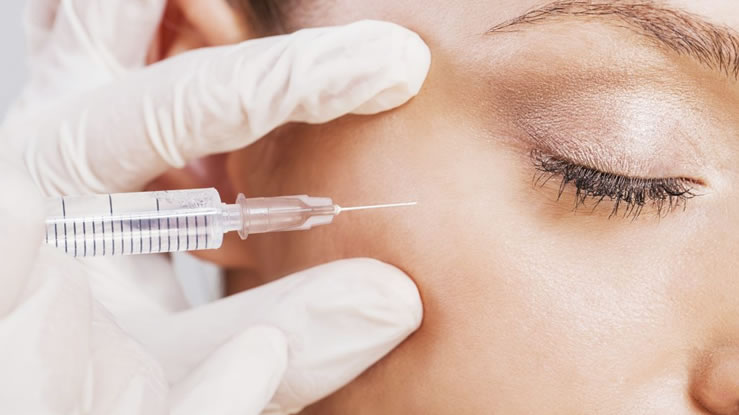In the world of skincare, exfoliation is a buzzword that’s often associated with radiant, glowing skin and a flawless complexion. Whether you scroll through social media influencers, consult beauty magazines, or watch dermatologists on TV, exfoliation is almost always highlighted as a crucial step. But amid the enthusiasm, there is also confusion and concern: How often should you exfoliate? What kind of exfoliant should you use? Can exfoliating harm your skin?
Dermatologists, as the trusted skin experts, have clear guidance on this topic, balancing the benefits of exfoliation with the risks of overdoing it. This article dives deep into the dermatologist’s perspective on exfoliation covering the science behind it, the best practices, types of exfoliants recommended, and how to tailor exfoliation to your unique skin needs.
1. Understanding Exfoliation: The Basics from a Dermatologist’s View
Exfoliation is the process of removing dead skin cells from the outermost layer of the skin, called the stratum corneum. The skin naturally sheds these dead cells, but this process can slow down due to age, environmental stressors, or certain skin conditions. When dead cells accumulate, skin can appear dull, rough, and uneven. Exfoliation helps to:
-
Promote skin renewal by encouraging the shedding of dead skin cells
-
Prevent clogged pores and acne breakouts
-
Improve the texture and smoothness of the skin
-
Enhance the absorption of skincare products such as serums and moisturizers
-
Address pigmentation issues by encouraging the removal of pigmented dead cells
-
Stimulate collagen production, contributing to a youthful, firm appearance
Dermatologists emphasize that while exfoliation can promote these benefits, it is essential to preserve the skin’s barrier function. The skin barrier protects against harmful microorganisms, retains moisture, and prevents irritation. Over-exfoliation or using the wrong type of exfoliant can damage this barrier, leading to sensitivity and inflammation.
2. Dermatologists’ General Stance: Do They Recommend Exfoliation?
The straightforward answer from dermatologists is yes, exfoliation is recommended, but with important qualifications.
Why Dermatologists Recommend Exfoliation:
-
Clinical Evidence: Numerous clinical studies support exfoliation’s role in improving skin texture, reducing acne, and aiding in pigmentation management. Chemical exfoliants, especially, have shown effectiveness in controlled clinical environments.
-
Treatment of Common Skin Issues: Dermatologists often prescribe exfoliating acids such as salicylic acid and glycolic acid to treat acne, keratosis pilaris, and hyperpigmentation.
-
Boosting Skincare Regimen: Exfoliation helps other skincare products penetrate more effectively, maximizing their benefits.
The Caution from Dermatologists:
-
Skin Type Matters: Exfoliation is not a one-size-fits-all treatment. People with sensitive skin, rosacea, eczema, or very dry skin need gentler approaches or might need to avoid frequent exfoliation.
-
Avoid Overdoing It: Too frequent or aggressive exfoliation can cause irritation, disrupt the skin barrier, and worsen skin conditions.
-
Choose the Right Product: Not all exfoliants are created equal; dermatologists advise avoiding harsh physical scrubs with large, jagged particles, which can cause micro-injuries.
Ultimately, dermatologists encourage exfoliation as a tailored, balanced, and thoughtful practice rather than a rigid step performed daily by everyone.
3. Types of Exfoliants Dermatologists Recommend
Dermatologists generally categorize exfoliants into three types: chemical, physical, and enzymatic. Each has unique properties and suitability for different skin types and conditions.
A. Chemical Exfoliants
Chemical exfoliants are acids or enzymes that dissolve the bonds holding dead skin cells together, allowing them to shed naturally. Dermatologists often prefer these because they are more controlled, consistent, and less abrasive than physical scrubs.
-
Alpha Hydroxy Acids (AHAs): Glycolic acid, lactic acid, mandelic acid. These water-soluble acids primarily work on the skin’s surface, improving texture and moisture retention.
-
Ideal for: Dry, sun-damaged, aging, or uneven skin.
-
Benefits: Stimulate collagen, fade pigmentation, smooth wrinkles.
-
-
Beta Hydroxy Acids (BHAs): Salicylic acid is oil-soluble, so it penetrates pores to exfoliate inside the follicle.
-
Ideal for: Oily and acne-prone skin.
-
Benefits: Controls sebum, clears acne, reduces inflammation.
-
-
Polyhydroxy Acids (PHAs): Gluconolactone, lactobionic acid. These are larger molecules and gentler than AHAs, making them suitable for sensitive skin.
-
Ideal for: Sensitive or reactive skin.
-
Benefits: Exfoliate without irritation, hydrate skin.
-
B. Physical Exfoliants
Physical exfoliation involves manually scrubbing the skin with abrasive particles or tools. Dermatologists caution that many popular scrubs can be too harsh.
-
Concerns: Micro-tears, inflammation, worsened hyperpigmentation.
-
Recommendations: Use very gentle scrubs with smooth, fine particles (e.g., jojoba beads). Avoid daily use and aggressive scrubbing motions.
-
Tools: Soft brushes or konjac sponges can be safer alternatives.
C. Enzymatic Exfoliants
Derived from fruits such as papaya (papain) and pineapple (bromelain), enzymatic exfoliants break down proteins in dead skin cells gently.
-
Ideal for: Sensitive or delicate skin types.
-
Benefits: Mild exfoliation without irritation, good for rosacea or eczema-prone skin.
4. How Often Should You Exfoliate? Dermatologists’ Frequency Guidelines
Frequency depends on exfoliant type, skin condition, and individual tolerance.
| Skin Type & Concern | Exfoliant Type | Frequency |
|---|---|---|
| Oily, acne-prone | BHA (salicylic acid) | 2-3 times per week |
| Dry, aging skin | AHA (glycolic acid) | 1-3 times per week |
| Sensitive or reactive skin | PHA or enzymatic | Once or twice weekly |
| Normal, healthy skin | Gentle chemical | 1-3 times per week |
| Melanin-rich/darker skin tones | Gentle chemical | 1-2 times per week |
Dermatologists stress starting slowly, monitoring skin response, and adjusting frequency accordingly.
5. Benefits of Exfoliation Backed by Dermatologists and Science
-
Improved Skin Texture: Exfoliation smooths rough patches and flakiness by removing dead cells.
-
Clearer Pores: Removing dead skin reduces the likelihood of clogged pores and breakouts.
-
Even Skin Tone: By promoting cell turnover, exfoliation can fade dark spots and post-inflammatory hyperpigmentation.
-
Anti-Aging Effects: Some exfoliants stimulate collagen synthesis, reducing fine lines and wrinkles.
-
Better Absorption: Exfoliated skin better absorbs moisturizers, serums, and treatments.
-
Radiant Glow: Removal of dull surface cells reveals fresher, more luminous skin underneath.
6. Risks and Side Effects of Improper Exfoliation
When exfoliation is done improperly, dermatologists warn of several possible negative effects:
-
Skin Barrier Damage: Over-exfoliation strips protective oils and lipids, causing dryness, sensitivity, and redness.
-
Increased Sensitivity: Compromised skin is more vulnerable to UV damage and environmental irritants.
-
Inflammation and Irritation: Physical scrubs or harsh acids can cause micro-injuries and exacerbate skin conditions.
-
Hyperpigmentation: Aggressive exfoliation in melanin-rich skin can trigger dark spots or worsen existing ones.
-
Breakouts: A Damaged skin barrier and inflammation may cause more acne.
7. Dermatologists’ Tips for Safe and Effective Exfoliation
To exfoliate safely, dermatologists advise the following:
-
Patch Test First: Test new exfoliants on a small area before full-face use.
-
Avoid Exfoliating on Irritated Skin: Don’t exfoliate sunburned, broken, or inflamed skin.
-
Follow Product Instructions: Respect recommended frequency and concentration limits.
-
Moisturize Well: Replenish moisture to support barrier repair.
-
Sun Protection Is a Must: Exfoliation increases photosensitivity, so use broad-spectrum sunscreen daily.
-
Listen to Your Skin: If redness, stinging, or peeling occur, reduce frequency or switch to gentler products.
-
Consult a Dermatologist: Particularly if you have chronic skin conditions or are unsure about your skin type.
8. Common Myths About Exfoliation Debunked by Dermatologists
Myth 1: Exfoliating Every Day Is Necessary for Clear Skin
Fact: Daily exfoliation often causes irritation and barrier damage. Most skin types benefit from exfoliating 1-3 times weekly.
Myth 2: Physical Scrubs Are Safer Because They’re Natural
Fact: Many scrubs contain harsh, jagged particles that can damage skin. Chemical exfoliants are often safer and more effective.
Myth 3: Exfoliation Shrinks Pores
Fact: Pores don’t physically shrink, but exfoliation keeps pores clean and less noticeable.
Myth 4: More Scrubbing Means Better Results
Fact: Aggressive scrubbing damages skin. Gentle, consistent exfoliation is key.
9. Specialized Considerations: Exfoliation and Melanin-Rich Skin
Melanin-rich skin is prone to hyperpigmentation and keloid scarring, making exfoliation particularly delicate. Dermatologists emphasize:
-
Avoiding aggressive physical scrubs.
-
Using gentle chemical exfoliants like PHAs or low-concentration AHAs.
-
Introducing exfoliation gradually and monitoring the skin’s response carefully.
-
Always apply sunscreen to prevent pigmentation flare-ups.
10. Expert Quotes and Insights
“Exfoliation is a cornerstone of good skincare, but it’s not a one-size-fits-all step. The goal is to encourage gentle skin renewal without compromising the skin’s barrier.” Dr. Amina Rashid, Board-Certified Dermatologist
“Chemical exfoliants, especially salicylic and glycolic acids, are some of the most effective tools we have for managing acne and hyperpigmentation, but they must be used thoughtfully.” Dr. Michael Kim, Dermatologist and Skin Researcher
11. Frequently Asked Questions (FAQs)
Q: Can I exfoliate if I have eczema or rosacea?
A: It depends on severity. Gentle enzymatic or PHA exfoliants may be tolerated, but consult your dermatologist first.
Q: What should I do if exfoliation causes redness or irritation?
A: Stop exfoliating immediately, moisturize well, and consult a dermatologist if symptoms persist.
Q: Can exfoliation replace professional treatments like chemical peels?
A: No, exfoliation complements but doesn’t replace medical-grade treatments performed by professionals.
Q: Is exfoliation necessary for oily skin?
A: Yes, exfoliation helps control excess oil and unclog pores, but the right exfoliant is crucial.
Balancing Benefits and Risks
Dermatologists overwhelmingly support exfoliation as a beneficial skincare practice when performed with care and knowledge. The emphasis is on:
-
Choosing the right exfoliant for your skin type
-
Exfoliating at an appropriate frequency
-
Avoid harsh physical scrubs unless gentle
-
Supporting skin barrier health with hydration and sun protection
Done right, exfoliation can enhance your skin’s health, clarity, and youthful glow.
13. Recommended Dermatologist-Approved Products (2025 Update)
| Product | Type | Best For |
|---|---|---|
| Paula’s Choice Skin Perfecting 2% BHA | Chemical BHA | Acne-prone, oily skin |
| The Ordinary Lactic Acid 5% + HA | Chemical AHA | Dry, sensitive skin |
| Drunk Elephant T.L.C. Framboos Glycolic Serum | Chemical AHA | Aging, uneven tone |
| First Aid Beauty Facial Radiance Pads | Chemical PHA | Sensitive, redness-prone |
| Tatcha Rice Enzyme Powder | Enzymatic | Sensitive skin |
| Cetaphil Extra Gentle Daily Scrub | Physical | Very gentle physical exfoliation |
Related Articles


